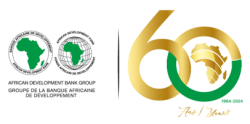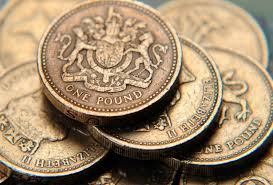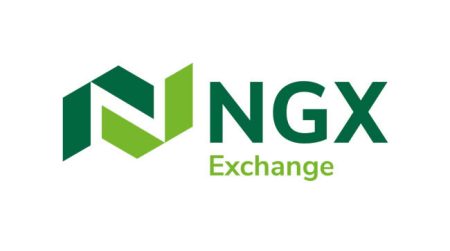By Hector Igbikiowubo
IN what appears to further fuel the vicious cycle of kerosene scarcity and allegations of subversion, AP Plc, a major marketer of petroleum products has taken delivery of 16,500 metric tons of aviation fuel under inexplicable circumstances from MT. Rhino.
Checks revealed that MT. Rhino had delivered 11,000 metric tons of DPK, dual purpose kerosene on account of the Pipelines and Products Marketing Company, PPMC to the Major Marketers Association of Nigeria, MOMAN and sailed on the 16th June, 2011.
Curiously, the same vessel tendered to deliver 16,500 metric tons of aviation fuel to AP Plc on the 22nd June, 2011 and berthed on the 6th July, 2011 at the NOJ in Lagos.
A maritime worker who volunteered information revealed that when a vessel sets sail from Western Europe, it takes a minimum of 15 days to get to Nigeria, begging the question ‘what time the vessel departed Europe and what time it took to get back to Nigeria?’
Assuming the vessel obtained aviation fuel from another source on the west African coast, the tender submitted barely 4 days after delivering DPK raises more questions than answers given the turn-around time for vessels entering and leaving Nigerian ports and harbours.
All efforts to contact Mr. Adeyemi, the spokesman of AP Plc proved abortive at the time of filing this report. There was also no response to a text message sent to his phone.
In a related development, investigations up north have revealed that house-hold kerosene sells as high as N320 in Kano metropolis, while costing between N200 and N320 in other metropolises.
Markets for DPK in Nigeria
Investigations revealed that there are basically 5 markets for DPK in Nigeria – it is obtained at subsidised price and sold as HHK at three times the price to hapless consumers; it is blended with diesel to increase the volume (also known as ‘rice and beans’) and then sold at deregulated pump price; it is sold as aviation fuel; it is smuggled across the border and sold at over N200 per litre and finally, it is recycled and presented as imported cargo for the purposes of claiming subsidy from government.
The most popular market for DPK in Nigeria is that of HHK but even though petroleum marketers obtain DPK at subsidised ex-depot price of N40:90 from the NNPC they openly retail it at over 300 per cent the value and the government agencies charged with ensuring compliance with the stipulated regulated pump price of N50 per litre appears helpless and unable to implement the policy.
Since government deregulated the pump price of diesel, AGO, petroleum marketers have been at liberty to import whatever volume they can and retail at whatever prices to recover their cost. However, checks revealed that in order to make cut throat profits, petroleum markets have resorted to blending the volume of diesel they import with Kerosene. This way, they succeed in increasing the total volume of diesel which they then sell to the hapless consumers at deregulated prices.
Under the Olusegun Obasanjo administration, marketers successfully championed the deregulation of aviation fuel and control of the sector. Investigations revealed that since then, about the NNPC has stayed out of the supply and distribution of the product. Current Nigerian aviation industry aviation fuel consumption is estimated at 2.5 million litres per day. However, the airlines have since the deregulation of the sector accumulated a debt profile of N5 billion, making it near impossible for the banks to continue to fund importation of the product. Investigations revealed that petroleum product marketers, who now insist on being paid cash on delivery, divert volumes of DPK obtained from the NNPC/PPMC to service the needs of the aviation industry. This situation accounts for delays and cancellation of domestic flights.
It is common knowledge that petroleum products are usually moved across the border for greater profit, however, at no time has the differential between the price at which it is obtained from the NNPC depot (N40:90k per litre) and the price it is sold across the border (over N200 per litre) provided greater incentive for smugglers.
Further investigations revealed that the recycling market for DPK is also fuelled by the differential between the NNPC ex-depot price and the current pricing template of the Petroleum Products Pricing and Regulatory Agency, PPPRA. According to the current pricing template, imported HHK should retail at N156.56 per litre. Investigations revealed that petroleum marketers store cargo obtained from the NNPC, only to smuggle same volume to Cotonou, dispose of it to a ready buyer who then resells it to the NNPC as imported cargo.



